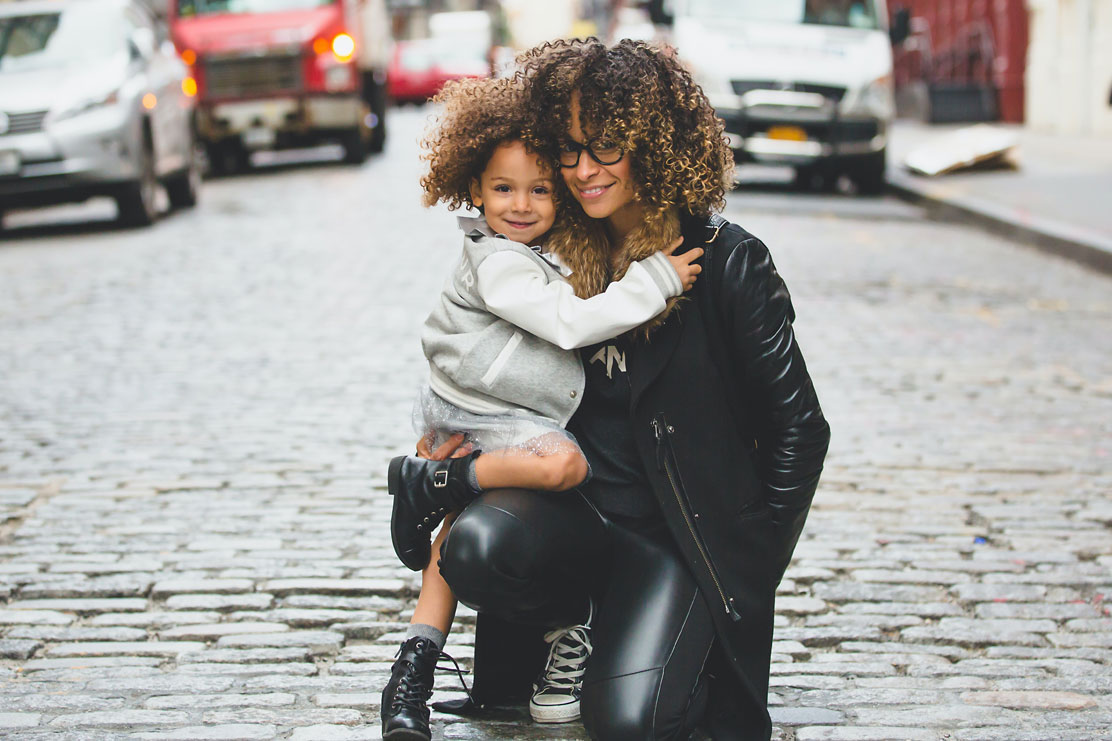You’ve Got A Friend In Me
By Family First Global |

Photo C/O Sai De Silva
It can be so hard to hear our kids tell us about how their friends at school said this about them, or did this to them, knowing that we have so little control of what happens. How on earth can we protect them from getting hurt? Of course, the answer to that is: we can’t.
We can’t protect our sweet son from that bully in P.E. We can’t hold our precious daughter as she hides her tears when Miss Popular gossips about her behind her back during recess. More often than not, we have to hear about it after the fact at the dinner table — that is, if we’re lucky enough to have kids who tell us these things in the first place.
1. Set a good example.
Would you say you make a pretty good friend yourself? A pretty good indicator of that would be your marriage. Do your children see you display the characteristics that make up a devoted friend by how you love and care for your husband or wife? These social and cultural cues they pick up from observing your partnership will shape their understanding of what it means to be a friend. Do you know how to say sorry when you’re wrong? Do you help each other along when you see that the other is struggling? Do you take responsibility for your mistakes, or is it easier to play the blame game? Being married is the truest test, and although we can’t attain perfection, we can try our best to be kind to ourselves and each other in the process.
2. Have a good foundation.
One of my favorite quotes is: “Be the thermostat; not the thermometer.” A thermostat controls and sets the temperature of the room; whereas the thermometer changes it’s reading depending on its environment. Helping your child build a strong foundation of integrity and character is one of the best gifts you can give him. When your kids have the internal motivation, strength, and humility to strive to become the best versions of themselves, they will inspire their friends to do the same. Maybe Gandhi said it best: “Be the change that you wish to see in the world.”
3. Meet n’ Greet!
Perhaps the easiest of all the steps: Meet your kid’s friends. Arranging “playdates” for your kids not only gives you a chance to meet their friends, but also gives you the opportunity to rediscover and appreciate your children in a new light, as well. The older they get, the more delicate the conversation becomes, and the harder it gets to “control” who they choose to spend their time with. Giving your children an open invitation for them to invite their friends over is a great way for you to show your kids that you are invested and interested in their friendships. There is no place like home: It’s safe, loving, and fun all wrapped up into one.
4. Loved people, love people.
“The greatest thing you’ll ever learn is just to love and to be loved in return.” — Eden Ahbez.
Ah, the best for last! Love, love, love your kids. Be proud of how far they have come, cherish them for who they are today, and love them into who they will become tomorrow. 99% of the work is always done from the home base.
Unfortunately, no recipe guarantees a burn-free childhood for your children. All parents are experts at hoping for the best and preparing for the challenges. All you can do is keep mixing the right ingredients, with a whole lot of trust, patience, and grace. Sooner or later, the heat of life is going to separate the true friends from the harmful ones. Eventually, your incredible children are going to see what they are made of and be grateful that your love and guidance were there from the very beginning.
Tags: parenthood
